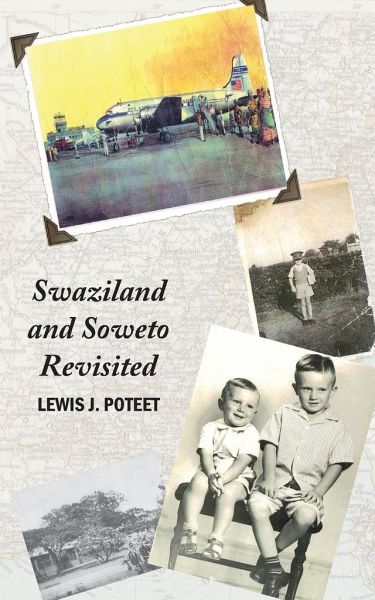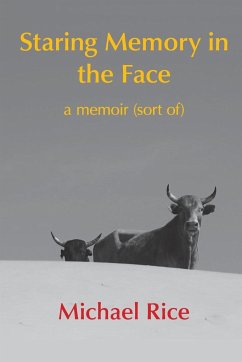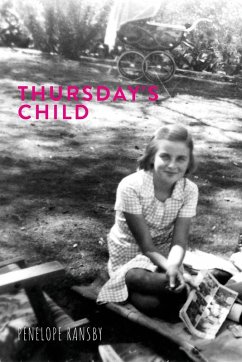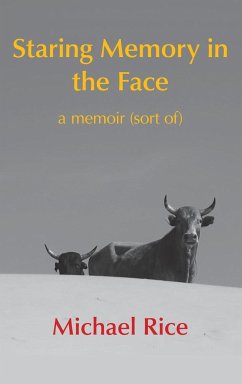
Swaziland and Soweto Revisited
Versandkostenfrei!
Versandfertig in 1-2 Wochen
20,99 €
inkl. MwSt.

PAYBACK Punkte
10 °P sammeln!
"I started to grow up in South Africa between 1946 and 1952. My mind was shaped by what I saw, heard, smelled, feared, hoped there.... Though this work uses memoir and travelogue at times, I only use them to help share stories about South Africa and Swaziland that make possible a clear look at how religion, music, and the new capitalism of the post-apartheid years interacted with and finally defeated apartheid. Swaziland, almost enclosed by the Republic of South Africa, has been a refuge from, an alternative to, a fulcrum for the larger country with which it shares so much. As a British protec...
"I started to grow up in South Africa between 1946 and 1952. My mind was shaped by what I saw, heard, smelled, feared, hoped there.... Though this work uses memoir and travelogue at times, I only use them to help share stories about South Africa and Swaziland that make possible a clear look at how religion, music, and the new capitalism of the post-apartheid years interacted with and finally defeated apartheid. Swaziland, almost enclosed by the Republic of South Africa, has been a refuge from, an alternative to, a fulcrum for the larger country with which it shares so much. As a British protectorate, it was independent of, though not untouched by, the forces acting across the border.... The interplay between these two places has fascinated me since at age six I began to notice the world around me." ---From Swaziland and Soweto Revisited In Swaziland and Soweto Revisited, author Lewis J. Poteet recounts his life as a missionary's son growing up in southern Africa, as well as his return to the region more than half a century later, after apartheid had been abolished. He also reflects on his early religious upbringing and training, and how it shaped his life. The result is a memoir both insightful and moving.












